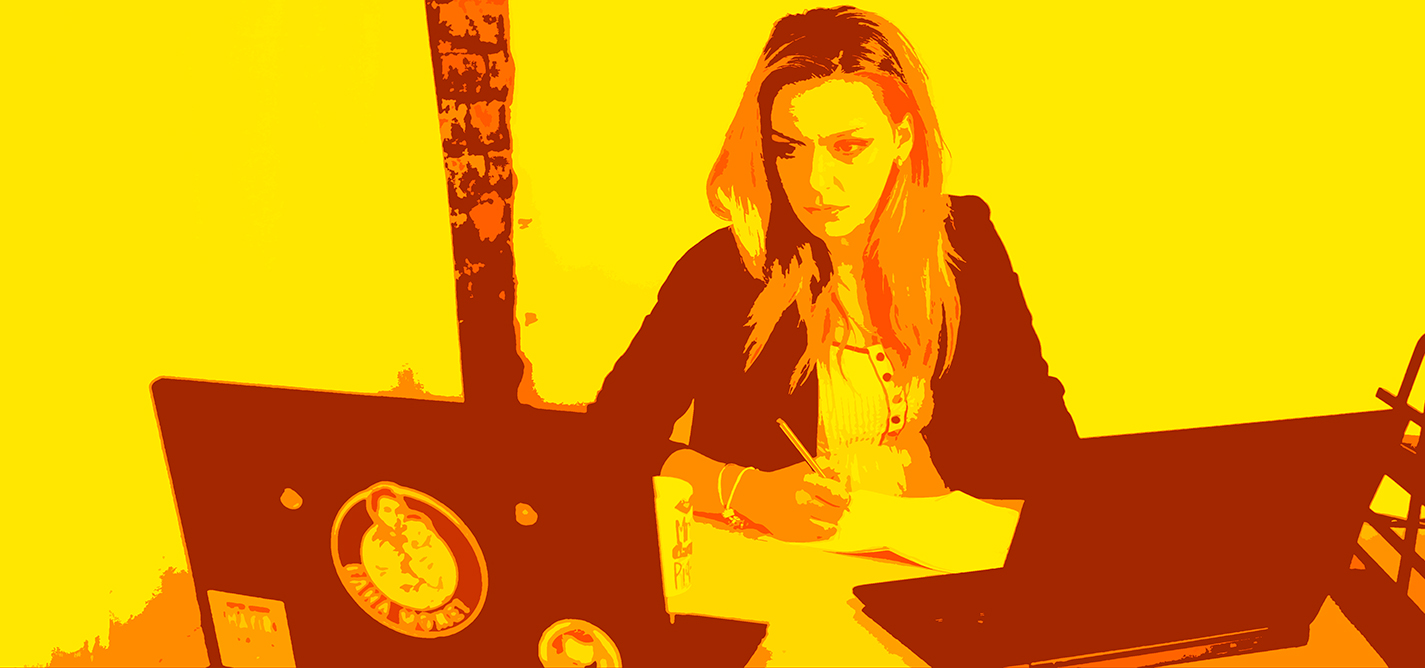
Doroti Pačkova: It’s a good thing we are angry
Rebel fighting for single parents talks about their struggle and dreams.
All of us who gathered around this organization, we are sick of it all ― of this abnormality and the normalization of the abnormality.
Our goal is not to be treated like the other social categories — but on the contrary — we want to individualize the approach due to a different family structure.
It's a good thing we are angry. We can't accept something abnormal as normal, thereby violating our basic human rights.
Although I'm a collector of all things bright, we must detect the dark things in order to be able to illuminate them.

Sonja Stojadinović
Sonja Stojadinović is a political scientist with both a bachelor’s and master’s degree from the Saints Cyril and Methodius University’s Political Sciences Faculty in Skopje (International Politics Department). She is an activist with the “Solidarnost” leftist movement and a columnist working with a number of North Macedonian, regional, and international websites and blogs. She is currently pursuing another MA at the Karl-Franzens-Universität in Graz, Austria.
This story was originally written in Serbian.